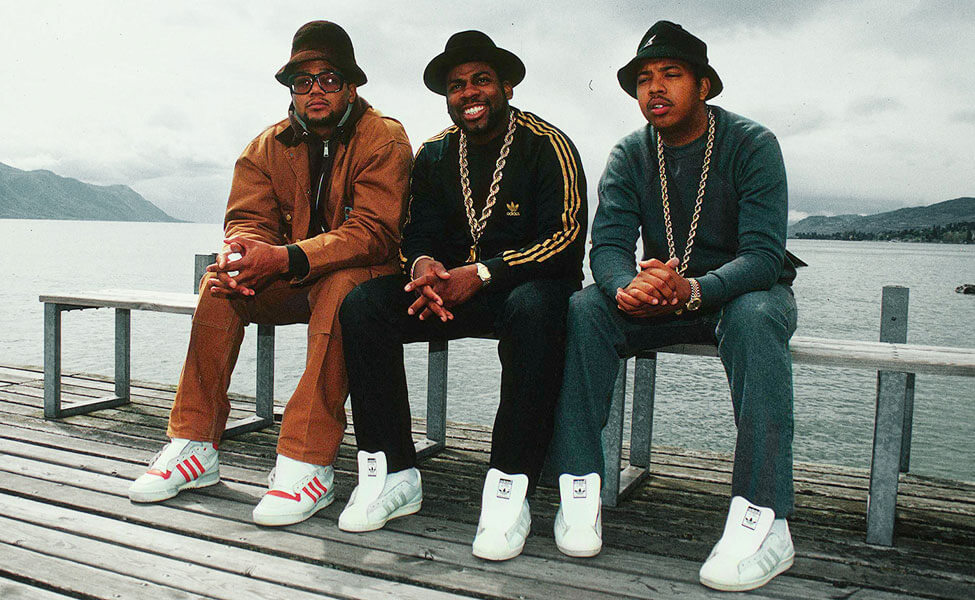Listeners:
Top listeners:
-
 play_arrow
play_arrow
On The Rise Radio

Hip-hop music has come a long way since its early days in the 1980s and 1990s. As the genre has evolved, so have the methods of consuming music. In this article, we will explore the shift from record sales to streaming in the hip-hop industry and how it has impacted the artists and the industry as a whole.
Record Sales in the 1980s and 1990s:
- During the 1980s and 1990s, record sales were the primary measure of an artist’s success [2].
- Hip-hop artists like Run-D.M.C., Public Enemy, and N.W.A. achieved significant commercial success through record sales, with multi-platinum albums becoming the norm.
- The sale of physical albums allowed artists to connect with their fans on a tangible level, and the number of albums sold was seen as a testament to an artist’s popularity and influence.
Streaming Takes Center Stage:
- With the advent of digital technology, the music industry underwent a seismic shift in the early 2000s, and streaming emerged as the new dominant force [2].
- Streaming platforms like Spotify, Apple Music, and Tidal revolutionized the way people consumed music, offering instant access to a vast catalog.
- The rise of streaming led to a decline in physical album sales, as consumers preferred the convenience and accessibility of streaming services.
- Hip-hop artists embraced streaming as a way to reach a global audience and connect with fans in real-time, leading to the genre’s continued dominance in the digital era.
Record Sales vs. Streaming: Implications for Artists:
- Record sales were a major source of revenue for artists in the 1980s and 1990s, allowing them to earn substantial profits from album sales [2].
- In contrast, streaming platforms pay artists based on the number of streams, which often results in lower revenue per play.
- However, streaming offers artists a wider reach and the potential for greater exposure, as their music can be discovered by listeners around the world.
Conclusion: The shift from record sales to streaming in the hip-hop industry has transformed the way music is consumed and distributed. While record sales were the primary measure of success in the 1980s and 1990s, streaming has now taken center stage. Although streaming may offer lower revenue per play, it provides artists with a global platform and the opportunity to connect with a broader audience. As the industry continues to evolve, it is crucial for hip-hop artists to adapt to the changing landscape and harness the power of streaming to reach new heights of success.
References:
[1] An Examination of Rap Music, Perceptions of Threat, and …
Written by: admin
Post comments (1)
On The Rise Newsletter
Don't miss a beat
Sign up for the latest electronic news and special deals
EMAIL ADDRESS*
By signing up, you understand and agree that your data will be collected and used subject to our Privacy Policy and Terms of Use.
COPYRIGHT © 2024 URBAN KULCHA | ON THE RISE RADIO







Jimmy The Greek on February 20, 2025
yDSTBxksgnF